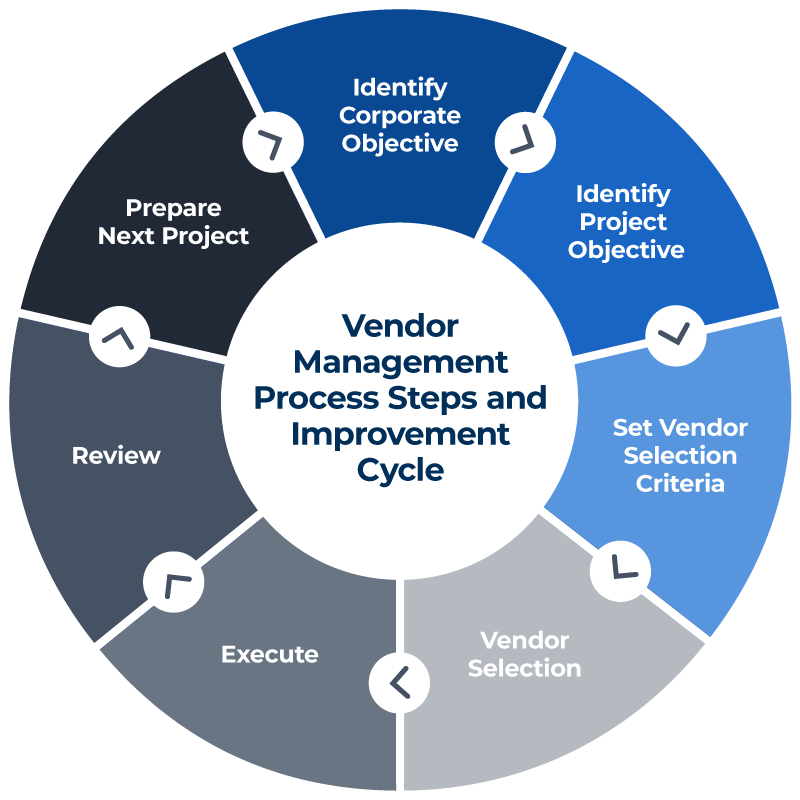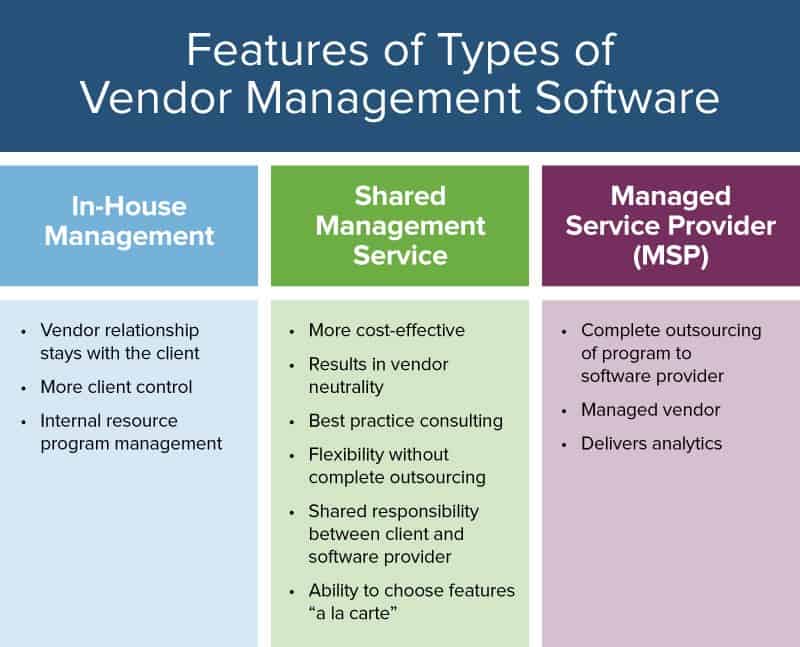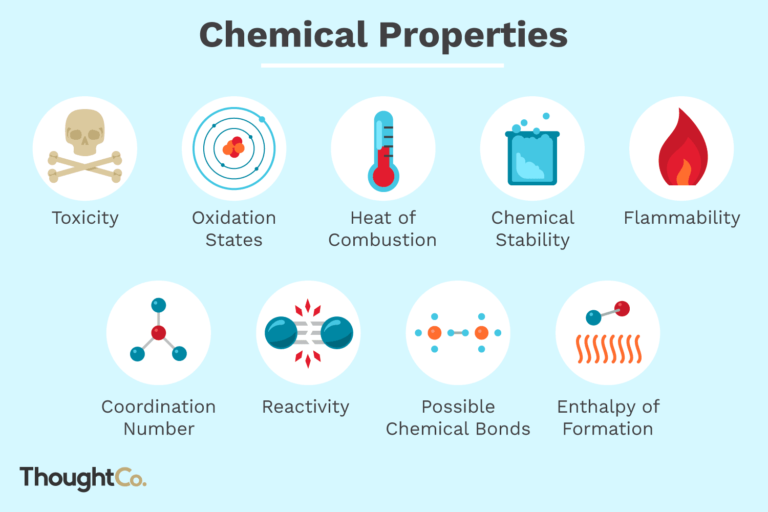How Do You Manage Software Vendors Effectively?
Software vendors can be an essential part of any organization. They provide the software tools and support needed to help a business stay productive and competitive in the market. However, when dealing with software vendors, it is important to manage them effectively. This includes setting expectations, communication, monitoring performance, and having a good system in place to ensure the vendor is meeting all the requirements. By having a good system in place to manage software vendors, a company can ensure they are getting the best value from the vendor and that they are getting the most out of the software they purchase.
Identifying the Right Software Vendor
When it comes to managing software vendors, the first step is to identify the right vendor for the job. It is important to assess the vendor’s capabilities and determine whether they are the right fit for the project. To do this, a company needs to analyze the vendor’s experience, customer references, and portfolio of work. It is also important to consider the vendor’s technical expertise and their ability to provide the necessary support. Additionally, a company should review the vendor’s pricing structure, terms of service, and any other requirements that may be involved in the project. Once the right vendor is identified, it is important to manage the relationship in an effective manner. This includes ensuring that the project is executed properly, communication is maintained, deadlines are met, and the vendor is held accountable. By taking the time to research and identify the right software vendor, a company can ensure that their project is successful.
Evaluating Software Vendor Performance
.
Software vendors provide a critical component of modern business—access to the latest technology solutions. But managing software vendors effectively can be a challenging task. From selecting the right vendor to evaluating their performance, there are many factors to consider. To ensure that you’re getting the best return on investment, it’s important to keep a close eye on vendor performance.
Evaluating software vendor performance is essential to ensure that your company is getting the most out of the relationship. To get an accurate picture of a vendor’s performance, you need to look at several key metrics. Make sure to measure both qualitative and quantitative aspects of vendor performance. This includes factors such as customer service, technical support, and product quality. It’s also important to keep an eye on any changes in pricing or service level agreements.
When evaluating vendor performance, it’s important to consider the individual needs of your company. Factors like budget, timeline, and customer service requirements can all impact the effectiveness of a vendor relationship. Make sure to factor in any special requirements when assessing vendor performance.
By regularly evaluating vendor performance, companies can ensure that they’re getting the most out of their software vendor relationships. This helps to maximize the value of the investment while minimizing any potential risks. With the right approach, businesses can effectively manage software vendors and ensure that their needs are met.
Setting Expectations and Agreements
Software vendors are an integral part of any business and play a key role in helping you achieve success. To ensure you’re getting the most out of your software vendor relationship, it’s important to set expectations and agreements from the start.
Before entering into a contract with a software vendor, it’s essential to establish a clear understanding of the terms of the agreement. This should include the scope of the project, the timeline, the payment structure, and the point of contact for resolving any issues. Setting clear expectations and boundaries from the beginning will help you avoid misunderstandings and ensure a successful relationship.
It’s also important to ensure that both parties are in agreement about the services that will be provided and the expected outcomes. Having a detailed contract in place that outlines all of the agreed-upon terms can help to ensure that everyone is on the same page and that the project runs smoothly.
Finally, it’s important to review the agreement regularly and to ensure that all parties are satisfied with the progress. Checking in with your software vendor frequently to discuss any issues, changes, or improvements can help to ensure that the project is on track and that all parties are happy with the results.
By setting expectations and agreements from the start and regularly reviewing the progress of the project, you can ensure that your software vendor relationship is managed effectively.

Negotiating Software Contracts
Organizations rely heavily on software vendors to provide the necessary technology solutions to meet their goals. Negotiating software contracts can be a complex and time-consuming task, but it’s essential to ensure that you get the best value for money. To ensure a successful negotiation, it’s important to understand the needs of the organization, the vendor’s offerings, and any potential risks.
When negotiating a software contract, it’s important to understand the details of the agreement. This includes the cost of the software, the duration of the agreement, any additional fees, and any support services that may be included. It’s also important to consider factors such as training, maintenance, upgrades, and customer service. It’s also important to ensure that the contract is compliant with any applicable laws and regulations.
Effective negotiation also requires an understanding of the vendor’s offerings. This includes an understanding of the vendor’s capabilities and how their solutions can benefit the organization. It’s important to assess the vendor’s reputation, experience, and track record to ensure that they are a reliable partner.
Finally, it’s important to consider potential risks when negotiating a software contract. These can include potential data security issues, legal issues, and financial issues. It’s important to ensure that the contract is clear and comprehensive to minimize any potential risks.
Negotiating software contracts can be a complex process, but it’s essential to ensure that organizations get the best value for their money. By understanding the needs of the organization, the vendor’s offerings, and any potential risks, organizations can ensure that they make an informed decision when selecting a software vendor.
Monitoring Software Vendor Performance
Software vendors play a critical role in the success of any organization. Therefore, it is important to manage them effectively. One of the key elements of effective vendor management is monitoring their performance. This involves tracking their progress on projects, ensuring that they are meeting deadlines, and verifying that they are delivering the expected quality of service. To achieve this, organizations need to have a clear understanding of their vendor’s performance metrics, and develop a system for tracking and measuring them.
Organizations should also establish effective communication channels with their vendors to ensure that any issues are addressed promptly and efficiently. Regular meetings should be held to review the progress of projects and discuss any problems that may arise. Additionally, organizations should ensure that their vendors are aware of their expectations and obligations, and that they are held accountable for any failures.
Overall, effective monitoring of software vendors is essential for ensuring successful project outcomes. By establishing clear performance metrics, tracking progress, and establishing effective communication, organizations can ensure that their vendors are meeting their expectations and are delivering high-quality services. This will help organizations to maximize the value of their software investments and maintain a healthy relationship with their vendors.
Managing Software Vendor Relationships
Software vendors are a critical component of many businesses. That’s why it’s important to have a well-developed strategy for managing software vendor relationships. Doing so can help reduce costs, increase productivity, and ensure successful implementations. Here are a few tips to help you manage software vendor relationships more effectively.
Begin by clearly defining your needs and expectations. Knowing what you want from a software vendor will help you find the right provider for the job. From there, make sure to clearly communicate your needs and expectations to the vendor. This can help avoid costly misunderstandings down the line.
Once a vendor is chosen, it’s important to stay on top of the relationship. Regularly review the vendor’s performance to ensure that they are meeting your needs and expectations. Communication is key here. Establish a timeline for communication and stick to it. This will help ensure that any issues are addressed in a timely manner.
Finally, it’s important to maintain a professional relationship with software vendors. Make sure to provide feedback to the vendor on a regular basis. This will help them understand what’s working and what’s not, and make it easier to make any necessary adjustments.
By taking a proactive approach to managing software vendor relationships, you can ensure that they remain successful and mutually beneficial. Doing so will help ensure that you are getting the most out of your vendor relationships and your investments in software.
FAQs About the How Do You Manage Software Vendors Effectively?
1. How does negotiating with software vendors help to manage them effectively?
Negotiating with software vendors is an important component of managing them effectively. Negotiating the best price, understanding the terms of the agreement, and getting the most out of the vendor’s services can help to ensure that the software meets the needs of the organization.
2. What factors should be considered when selecting a software vendor?
When selecting a software vendor, it’s important to consider factors such as the vendor’s history, customer service, product quality, and pricing. It’s also important to consider the vendor’s reputation for reliability, as well as the ability to customize the software to meet the organization’s needs.
3. How should organizations monitor the performance of their software vendor?
Organizations should regularly monitor the performance of their software vendor by keeping track of customer satisfaction and any issues that may arise. Additionally, organizations should review the vendor’s performance in terms of meeting deadlines and delivering the expected results.
Conclusion
Managing software vendors effectively is essential for the success of any business. The key to successful vendor management is having strong communication, setting clear expectations, and creating a partnership that fosters mutual trust and respect. By establishing clear goals and expectations, and creating an environment of collaboration and mutual support, businesses can ensure that their software vendors are reliable, productive, and successful. This will lead to more successful projects, better customer service, and increased profits.



